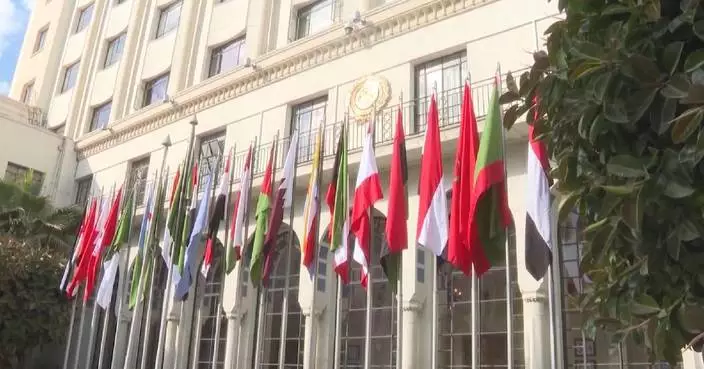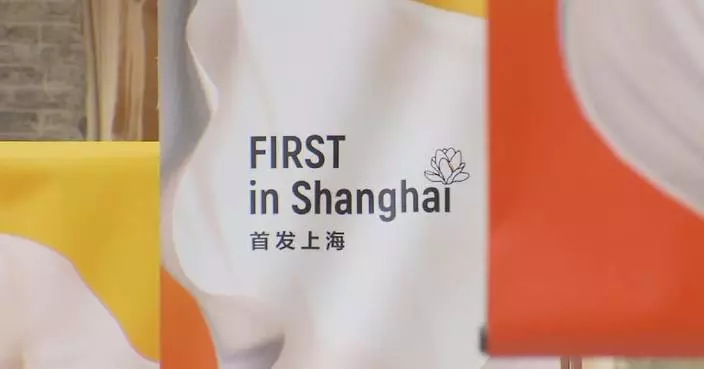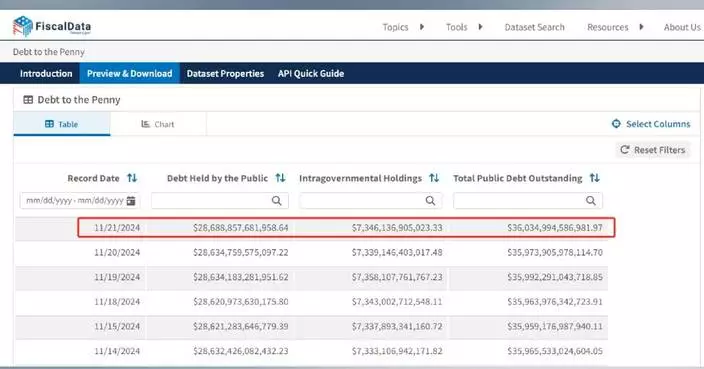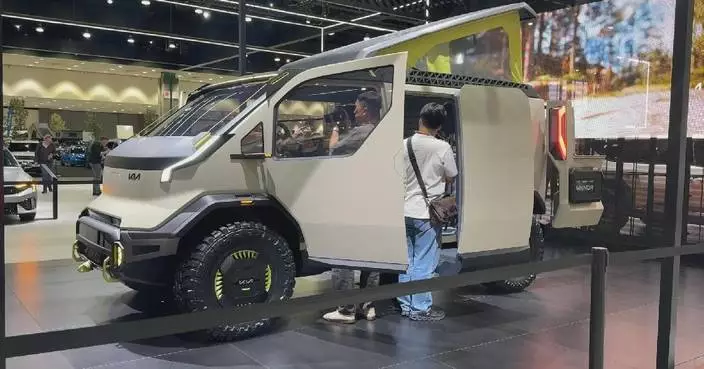Hungary's Minister for National Economy, Marton Nagy, has reiterated the country's opposition to the European Union's additional tariffs on Chinese-made electric vehicles (EVs).
On Oct 29, the EU announced a controversial decision to impose tariffs of up to 45.3 percent on Chinese EVs for at least five years.
On Nov 8, a Chinese commerce ministry spokesperson said China and the EU had made progress in negotiations on a proposed price commitment plan concerning Chinese EVs.
"We are not believing in protectionism, we are not believing in blocks. We believe in free trade, free competition, which makes all mankind more developed, our economies more developed, and therefore we are strongly against it with other four countries. So therefore,this is how the European Union is divided, because these are very tough questions. Fortunately, the Chinese companies were clever enough to think before the tariffs that localization is a good business," said Marton Nagy in an interview with China Global Television Network (CGTN) on Nov 21.

Hungary maintains opposition to EU's additional tariffs on Chinese EVs: minister
A popular traditional street game carrying many people's childhood memories has entered as an official sport event at the ongoing 12th National Traditional Games of Ethnic Minorities of China in Sanya, a coastal city of Hainan Province.
Da Tuoluo, or top-spinning, has a long history in China. In 1926, a top was dug up from a prehistorical site in north China's Shanxi Province to prove that the game existed 4,000 years ago in the country.
With deep cultural significance, the game is a common hobby in almost all different populations across China, especially in southern regions including Yunnan, Guizhou, Hunan, Guangxi and Fujian. In 1995, the 5th National Ethnic Games introduced top-spinning as a competition for the first time.
Top-spinning is played on a flat field of 15 by 20 meters. It pits two teams against each other -- defenders keep their tops rotating in a circular area with a radius of 0.75 meters while attackers throw their tops outside the offensive line for precise hits to score points and claim victory.
Lu Dongheng, a player of Yao ethnic group from Guizhou, is participating in the National Ethnic Games for the fifth time. As a first prize winner twice in team events and once in the individual, the amateur athlete said he has prepared for this competition for a long time.
"I usually play top-spinning rather little, just trained for two months before the event, focusing on precision and strength. I whipped the top at least 500 times every day," said Lu.
The way to play top-spinning and the stuffs making tops vary from place to place around China. Non-metal flat-headed tops are used at the National Ethnic Games, and players are allowed to use their own whips.
Opened on Friday night, the grand event, which will take place through Nov 30, has gathered nearly 7,000 athletes, representing 35 delegations across China who will compete in 18 sports and three demonstration sports, most of which were once unique to specific ethnic groups or regions.
Unlike modern sporting events, the ethnic games feature competitions rooted in traditional customs and the daily life of people of different ethnic groups in China.
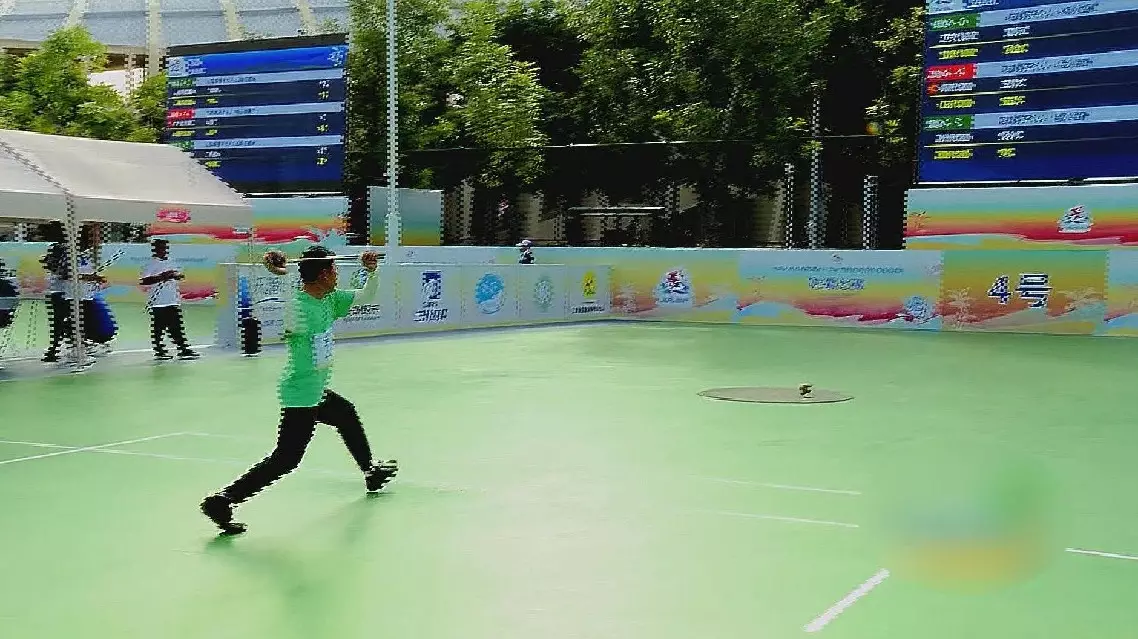
Street game enters ethnic minorities sports event




